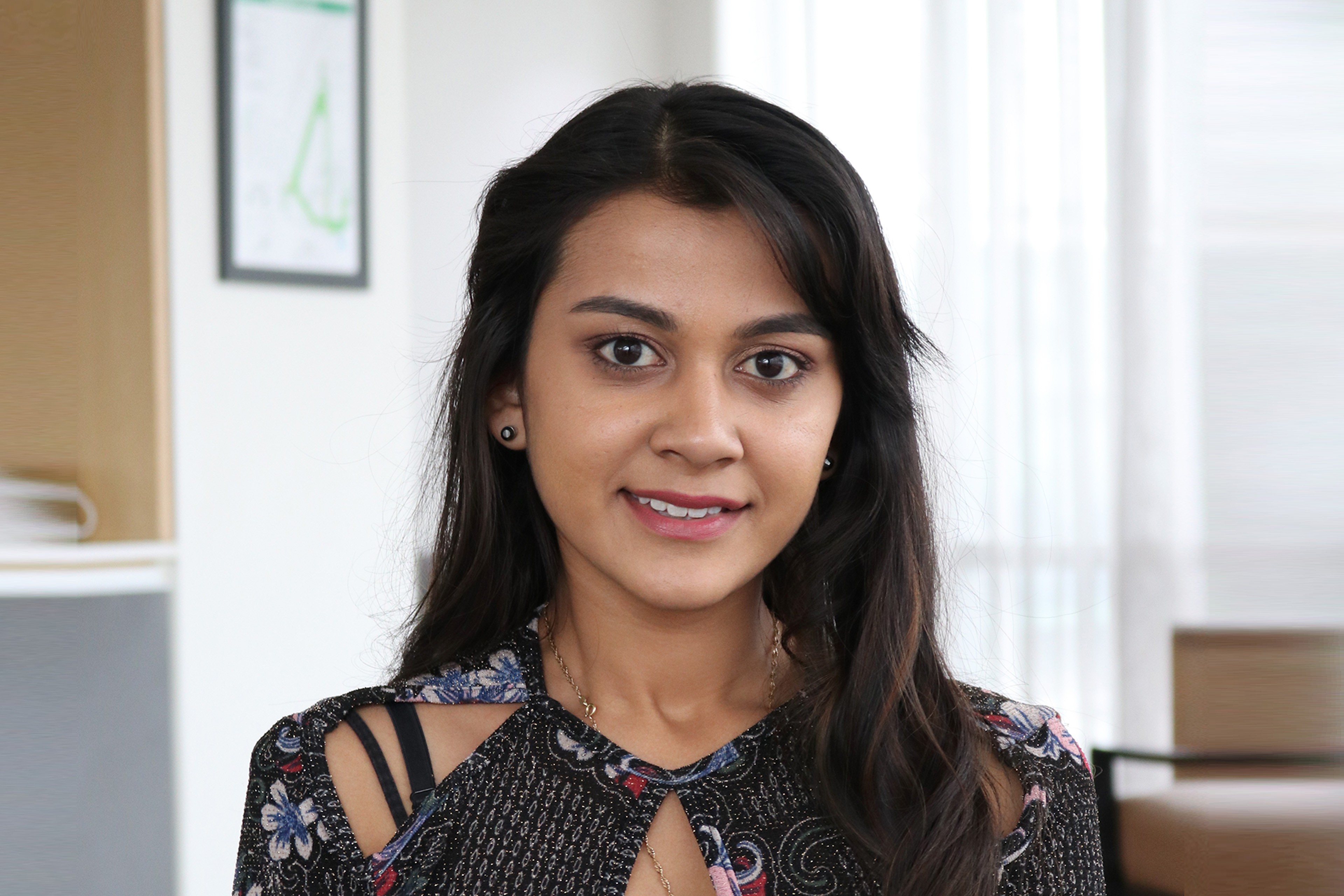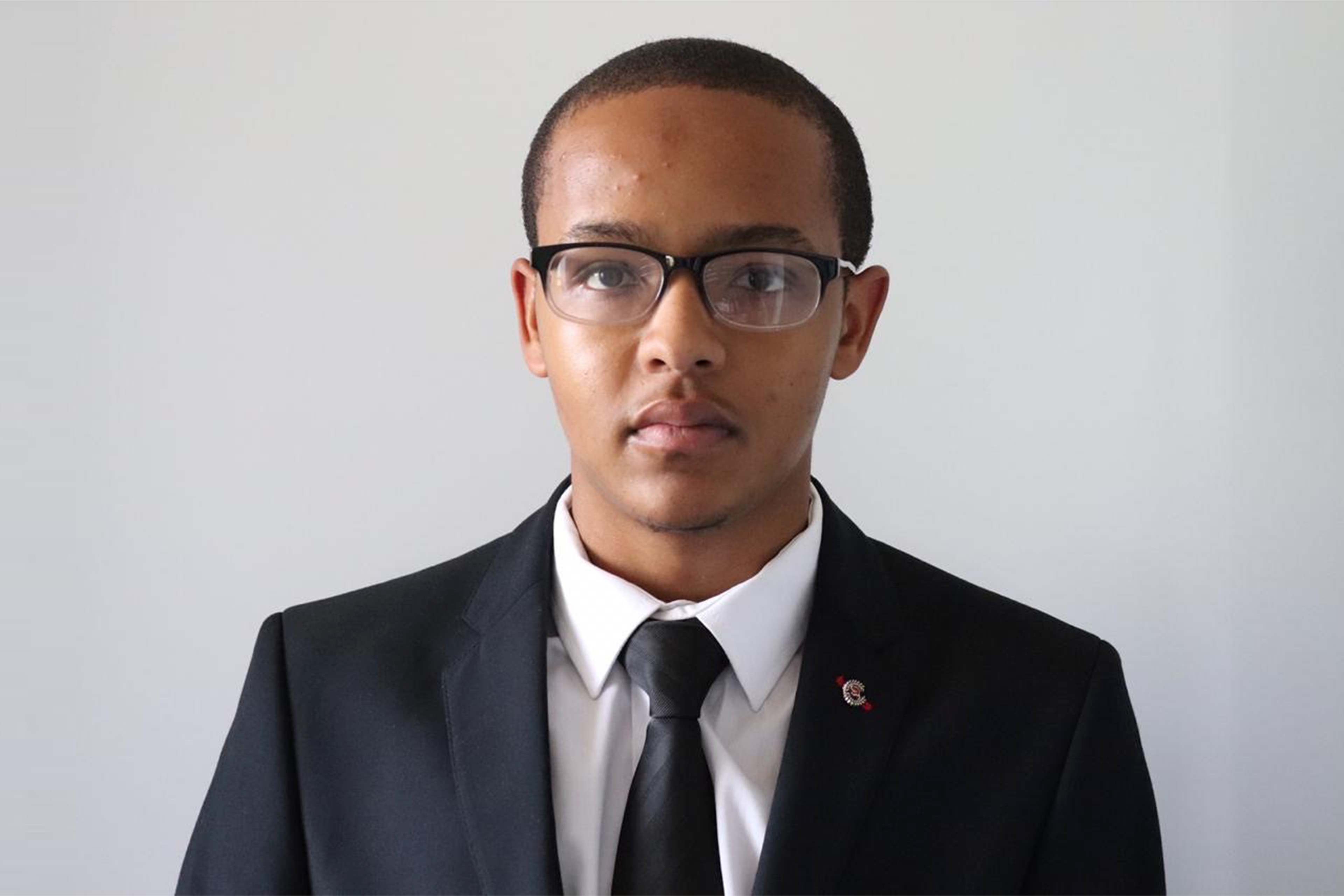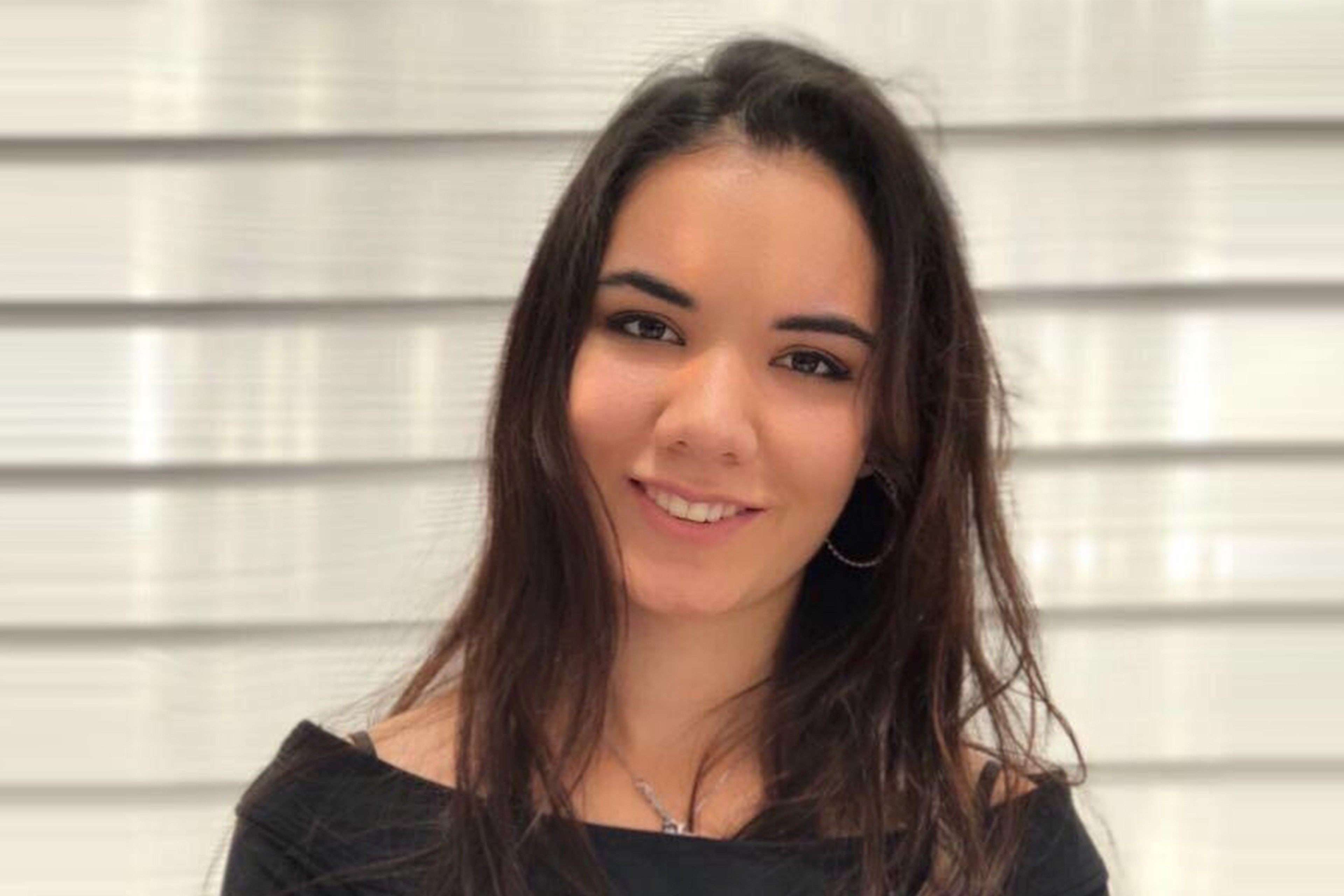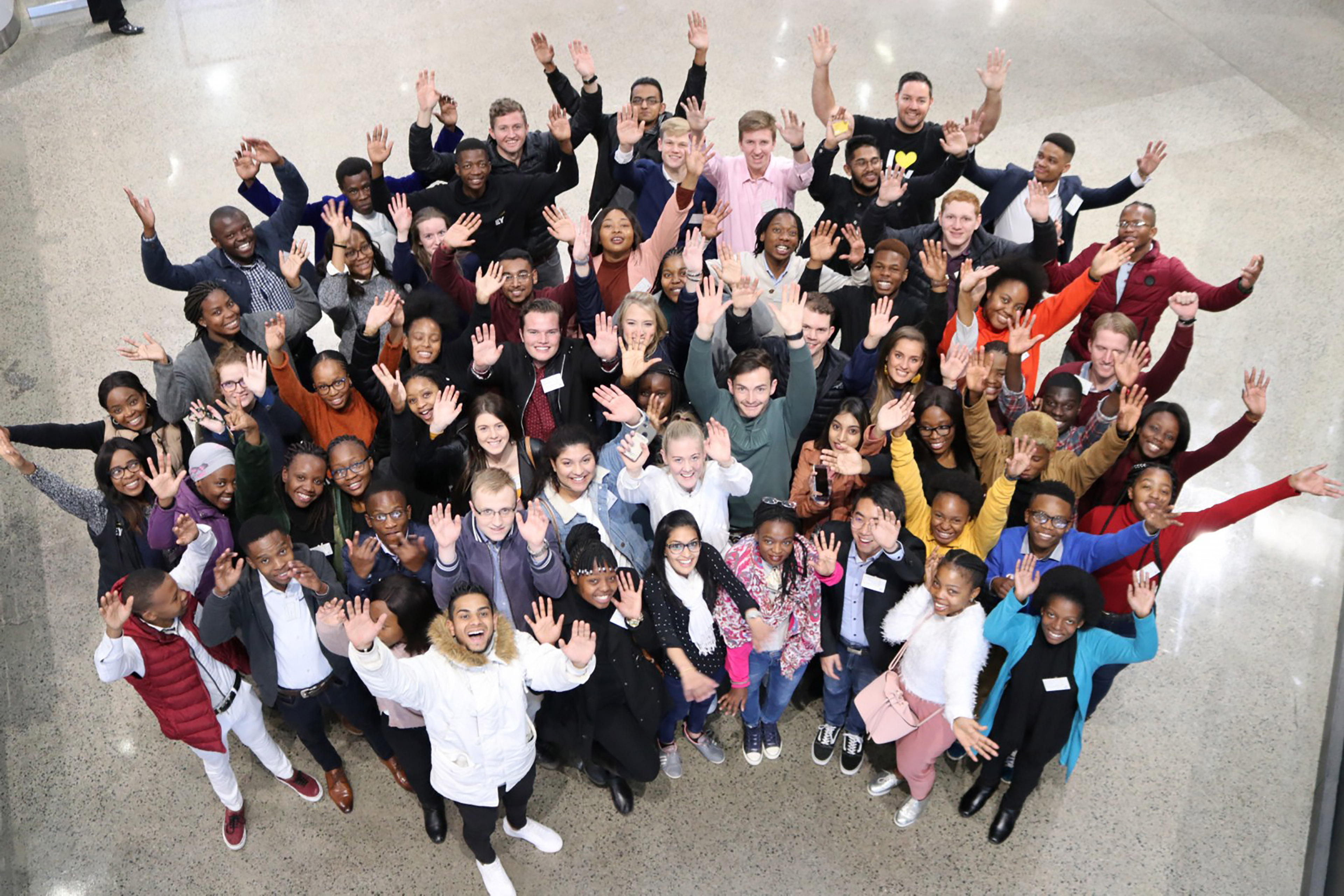Matrics, apply for a Bursary and Training Contract
Discover how you could fit at EY and the areas we’re recruiting for. Follow the relevant links and instructions to apply. Remember to send your CV, transcript and photo ID with your application.
Applications for 2025 bursaries open in August 2024

Bursary Programme
General information
EY is committed to growing and transforming the Chartered Accountancy profession. Importantly, we believe in individual development from school level through university and into the world of work.
Bursaries are awarded to individuals who we believe have the commitment to qualify as a Chartered Accountant and an academic record which indicates the ability to do so with due regard to financial need. In return for the bursary, the student is required to work at EY for the duration of their training contract (a minimum of three years).
There are two types of bursaries open for application.
- Academic Merit with Financial Need Bursary: This covers one or more, or a combination of tuition, accommodation, books and/or meals.
- Academic Merit Bursary: This covers a portion of the tuition fees

EY awarded me a merit bursary in the form of a once-off allowance, which I used to fund my under-graduate tuition. The recognition motivated me to take on an honours degree as well, and I am now completing a post-graduate certificate in Accounting Science with the intention of qualifying as a Chartered Accountant. Through all this, EY hasn't only been concerned about my academic results, but also about my wellbeing. I've always set goals for myself, and EY has helped me to achieve so many of them. The firm has been a big part of my journey to success, and I’m excited about contributing to their success in the future.
I was looking for an organisation where I could serve my SAICA articles and, after completing an EY Work Experience Programme, was offered a bursary and training contract. EY is very engaged with their students, and is also committed to investing in its workforce, providing quality services, exercising good corporate citizenship, and helping to uplift society. I have come to appreciate the EY culture, which promotes diversity and strives for excellence. I am honoured to have the opportunity to work for, and be associated with, such an outstanding organisation. I’m looking forward to my future with one of Africa’s top employers.

Eligibility requirements
The first requirement to be eligible for a bursary is South African citizenship and a valid South African identity document. We require an academic record of a minimum of four A’s, excluding Life Orientation; that you will be studying toward a relevant CA degree (three to four years) and a year Accounting Honours/Certificate in Theory in Accounting (CTA). Further, you should be accepted and/or enrolled at a SAICA (South African Institute of Chartered Accountants) accredited University.
- University of Witwatersrand
- University of Free State
- University of Western Cape
- University of Cape Town
- University of Stellenbosch
- Walter Sisulu University
- University of Johannesburg
- Rhodes University
- University of Limpopo
- University of Pretoria
- UNISA
- Monash
- University of KZN
- University of Fort Hare
- University of Zululand
- North West University
- Institute of Accounting Science
- University of Venda
- Nelson Mandela Metropolitan University

Words cannot express the elation that I felt on knowing I had been accepted into the EY graduate programme. It will forever be a highlight of my journey to becoming a CA(SA). EY is known for having a structured programme that allows graduates to work in different areas and thus find out what suits us. This is important, as it helps us to formulate a plan for the progression of our careers. I am drawn to the company slogan “Building a better working world” which tells me that EY cares about its employees. I am also impressed by the EYU-development framework, which will enable me to continue to learn on the job and grow professionally.
EY recognised my undergraduate average of 72% as well as my financial need, and awarded a bursary towards the post-graduate diploma in Accounting Science that I’m currently studying for. When I heard that I had got the bursary, I couldn’t help but cry. My experiences of EY, although brief, has been amazing and mind-blowing. The company culture is incredible. I can’t wait to qualify and pursue the career in advisory that I’m dreaming about.

I am the Graduate Recruitment Manager and my role enables me to interact with students from different walks of life and provide opportunities that may enable them to strive for their dreams through education. My passion is people development and the most rewarding part of my work is to “walk” alongside students, see them overcome obstacles, graduate and become contributing members of society.

Apply today
Applications for the EY Training Contract are open throughout the year. To apply, please remember to attach the following documentation:
- Curriculum Vitae (CV)
- Certified Identification Document
- Grade 11 and 12 Academic Report/Transcript
- Motivational Letter
- Latest Fee Quotationfrom the University
- Proof of household income (applicable for Academic Merit with Financial Need Bursary applications)
What does a Chartered Accountant do?
A Chartered Accountant analyses and evaluates both financial information and business risks facing the organisation they are working with (the ‘client’). CA’s bear a key responsibility in undertaking and effecting their duties as they will use that information to advise the client on the financial state of the business and the areas of potential risk in order to support the business’ continued viability and profitability. The work that CA’s do for individual clients provides assurance to the market, which the market (investors) rely upon to inform their decisions of whether to invest in a company or not. Investment can mean the different between success or failure for many organisations.
What happens once you enter into a training contract with EY?
A training contract spans a three-year period. First year trainees, called ‘assistants’ will get to know the client and their business and thereafter write the Qualifying Exam 1- Initial Test of Competence (ITC). Second year trainees titled ‘seniors’ take on more responsibility and are expected to contribute more to the team and later write the Qualifying Exam 2- Assessment of Professional Competence (APC). ‘Supervisors’, who are third and final year trainees, manage or run a client assignment, and supervise and coach junior trainees. Once third year trainees pass both exams and complete the training, they will register with SAICA as a CA(SA).


latest thinking
Previous
Next
